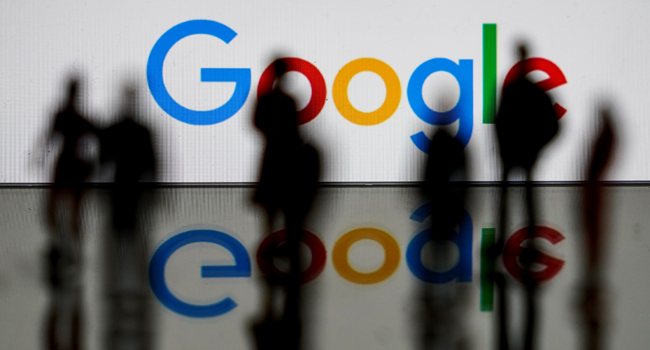President Donald Trump signed an executive order this week aiming to streamline regulations for the U.S. private space sector, a move poised to accelerate commercial rocket launches while sparking criticism over potential environmental harm. The directive, issued Wednesday, targets reduced oversight of spaceflight activities, including scaling back environmental assessments for launch sites — a shift seen as advantageous for companies like Elon Musk’s SpaceX, despite recent setbacks with its Starship program.
The order emphasizes a national goal to “substantially increase” commercial launch frequency by 2030, framing it as a strategy to bolster American competitiveness in space exploration. It directs the Department of Transportation to eliminate or fast-track environmental reviews, a measure Transportation Secretary Sean Duffy, also serving as NASA’s administrator, will oversee. Industry analysts note the policy aligns with Musk’s long-standing push for deregulation. Musk, once a close Trump advisor before their public rift in July, leads SpaceX, which conducted over 130 launches globally in 2023 and now anticipates further growth under the new rules.
Environmental advocates swiftly condemned the decision. The Center for Biological Diversity warned the order could exacerbate ecological damage near rocket launch sites, particularly areas hosting SpaceX’s Starship — a colossal rocket critical to Musk’s ambitions for Mars colonization. “This reckless order puts people and wildlife at risk from private companies launching giant rockets that often explode and wreak devastation,” said Jared Margolis, a senior attorney at the nonprofit. Starship’s Boca Chica, Texas, test site has drawn scrutiny for its impact on local habitats, with the rocket experiencing multiple fiery failures, including a June test that ended in an explosion.
The Federal Aviation Administration (FAA) had already approved a fivefold increase in annual Starship launches to 25 in May, asserting no significant environmental consequences. Critics argue this assessment downplays risks, while SpaceX maintains its rapid-testing approach — encapsulated by its “fail fast, learn fast” philosophy — is essential to innovation. The company’s dominance in the global launch market, coupled with Trump’s deregulatory push, could position it to lead upcoming NASA missions, including crewed lunar and Martian expeditions.
Trump, who has prioritized space exploration since resuming office in January, framed the order as part of a broader vision for U.S. space supremacy. Yet the debate underscores tensions between accelerating technological progress and safeguarding ecosystems, a balance policymakers and companies will navigate as commercial space ventures expand.



